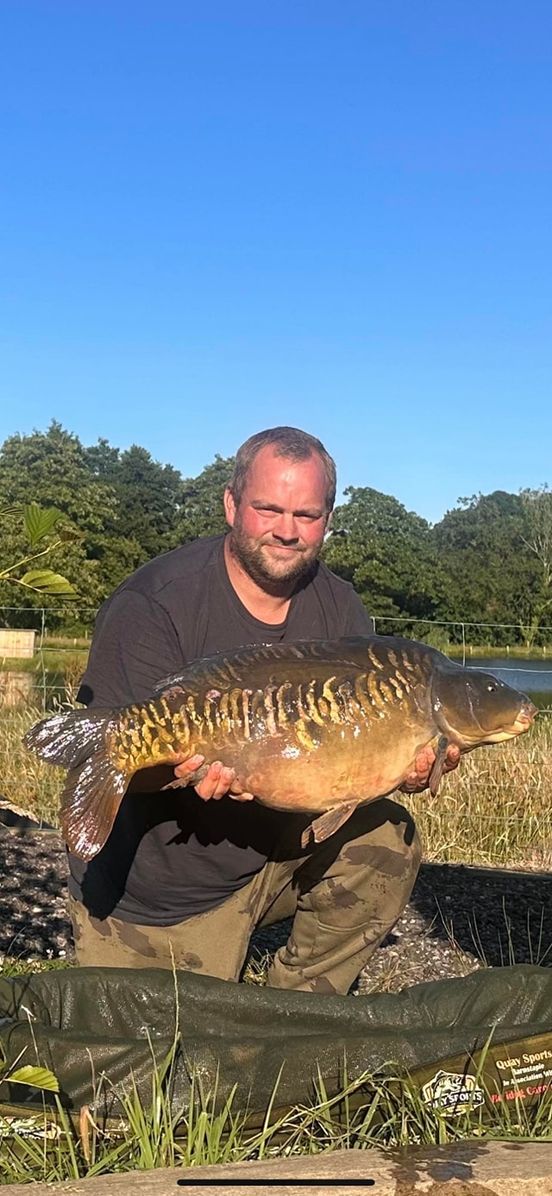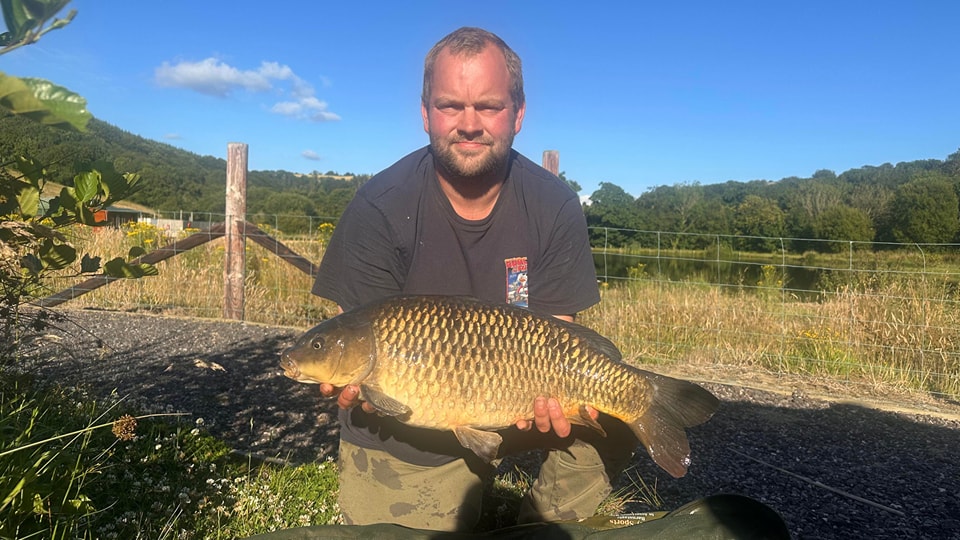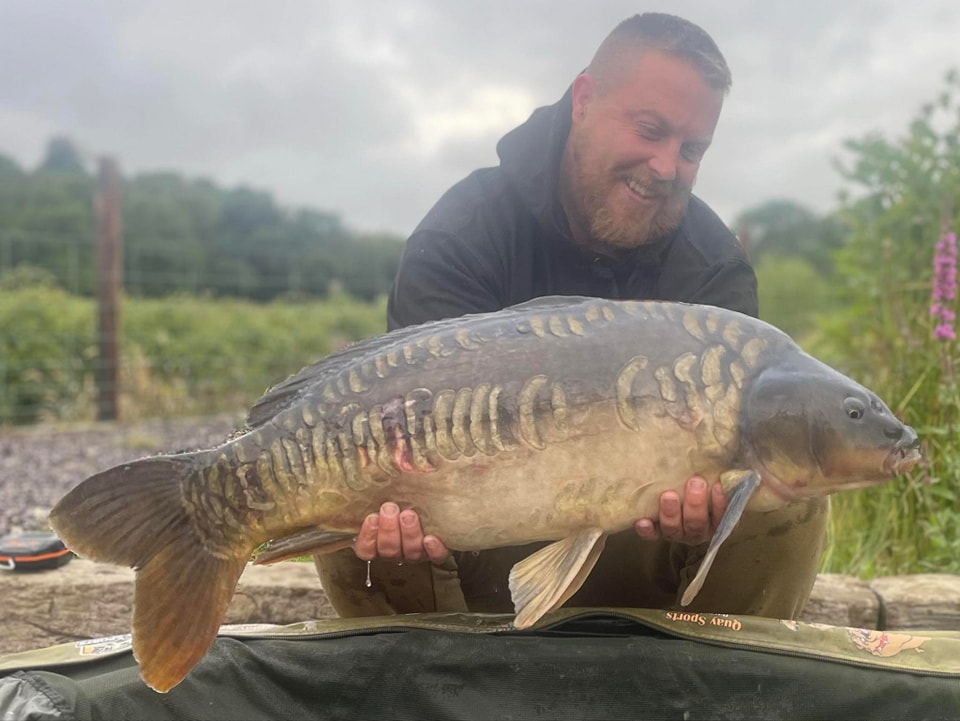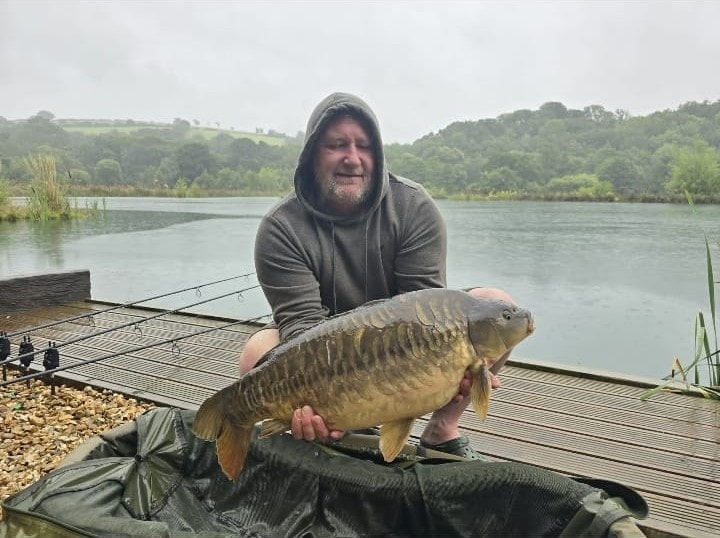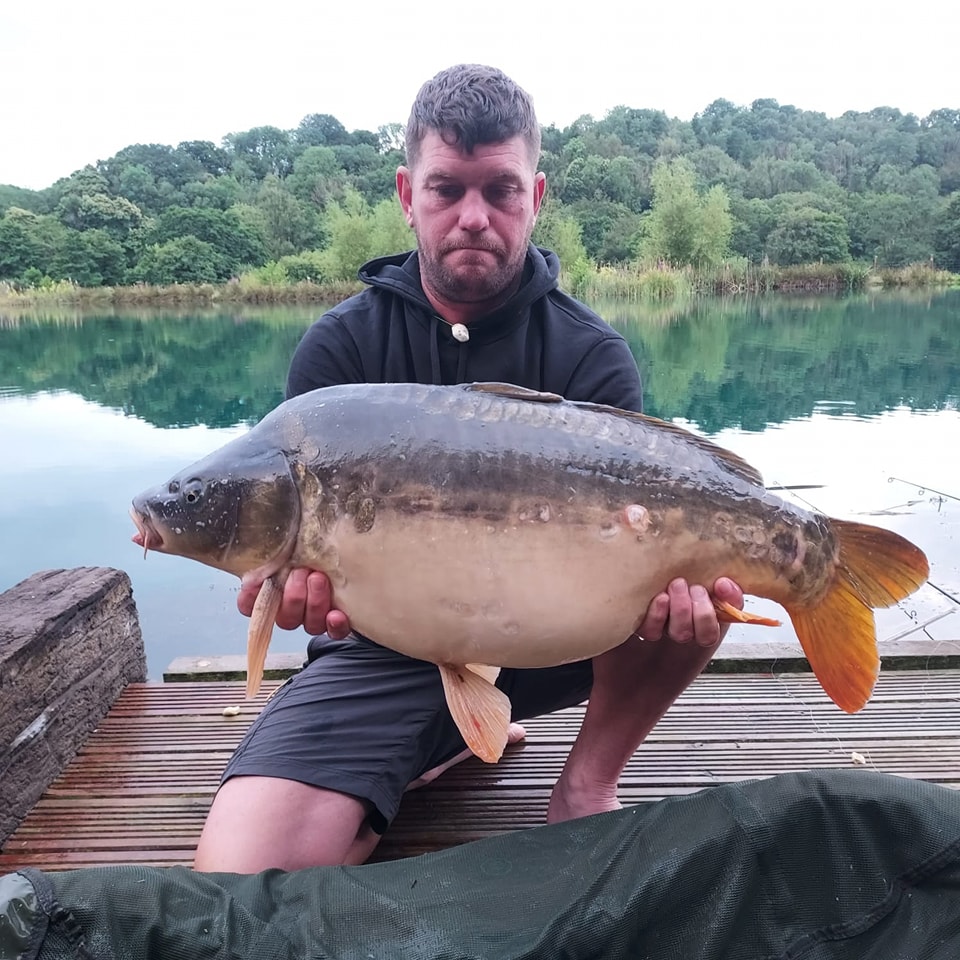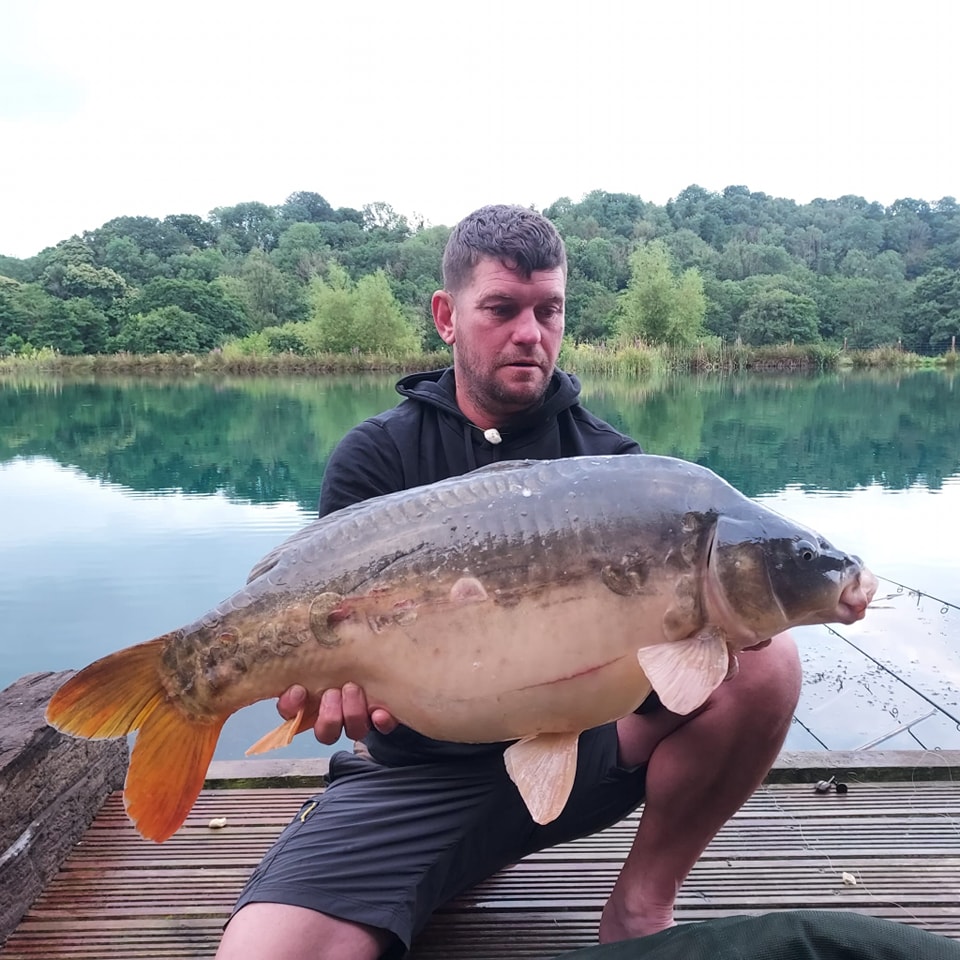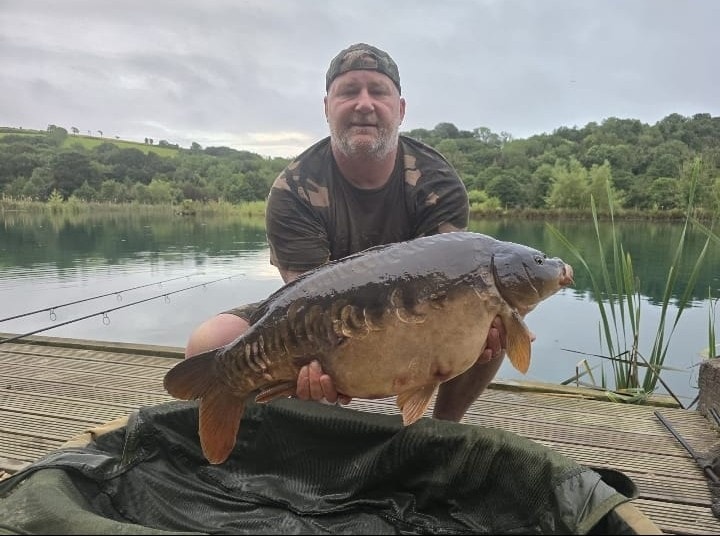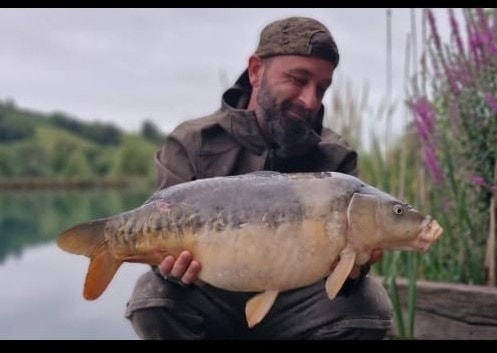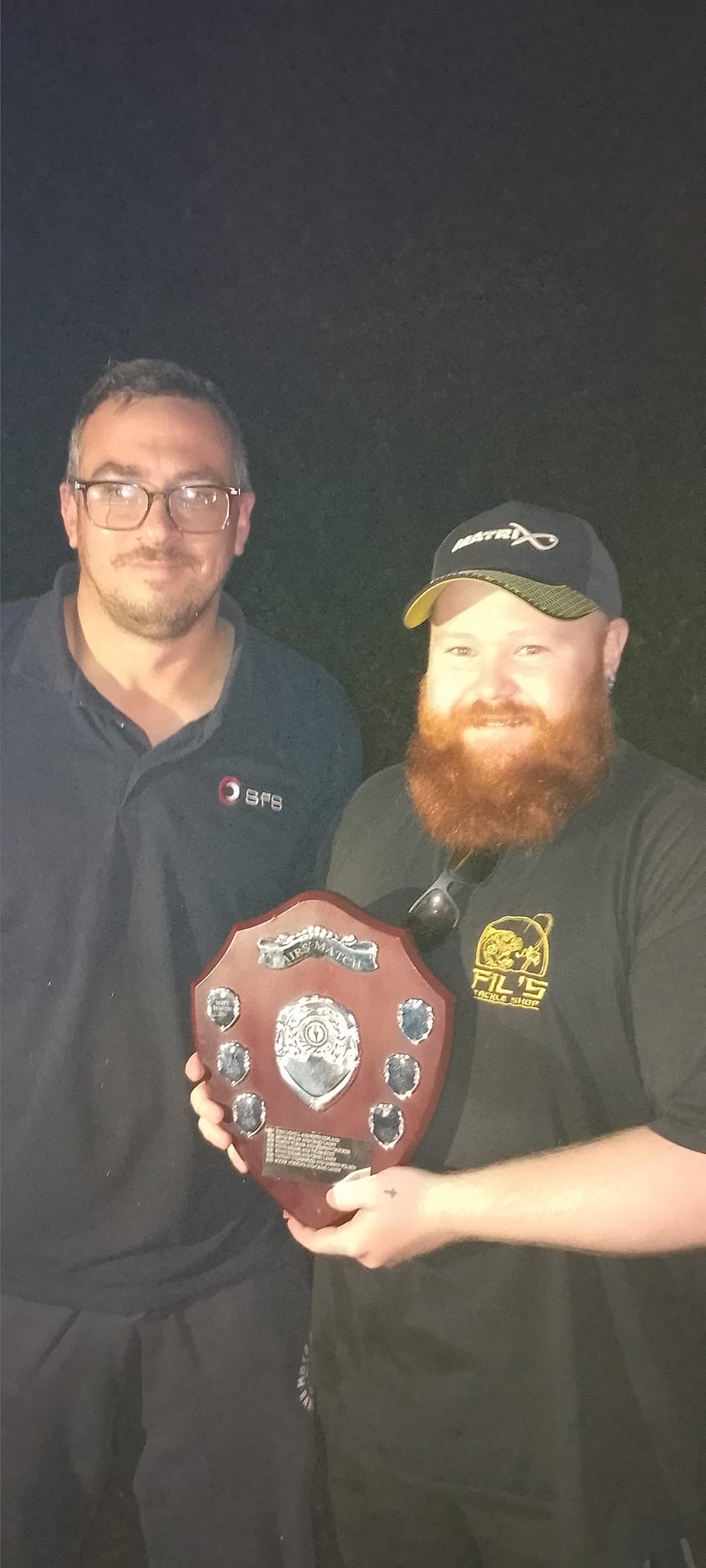
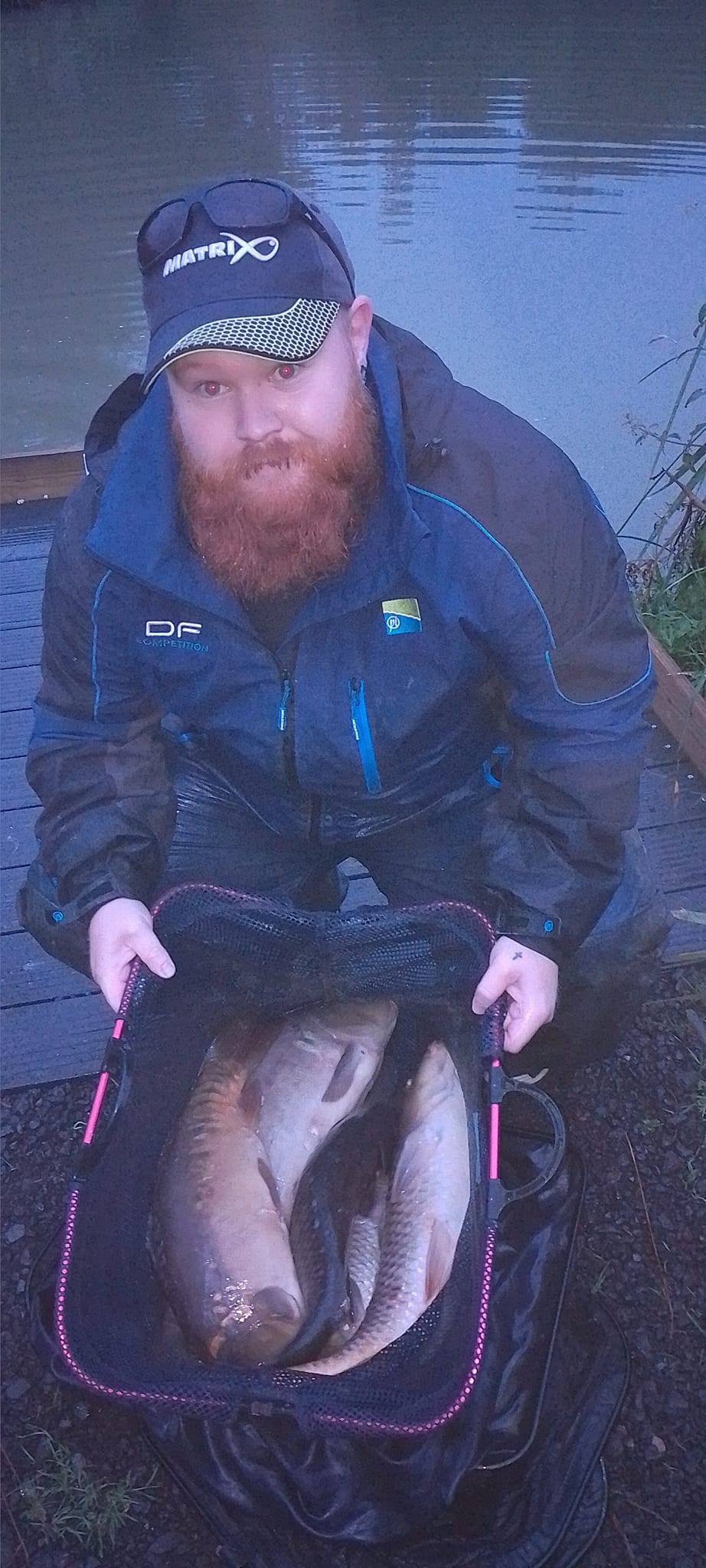
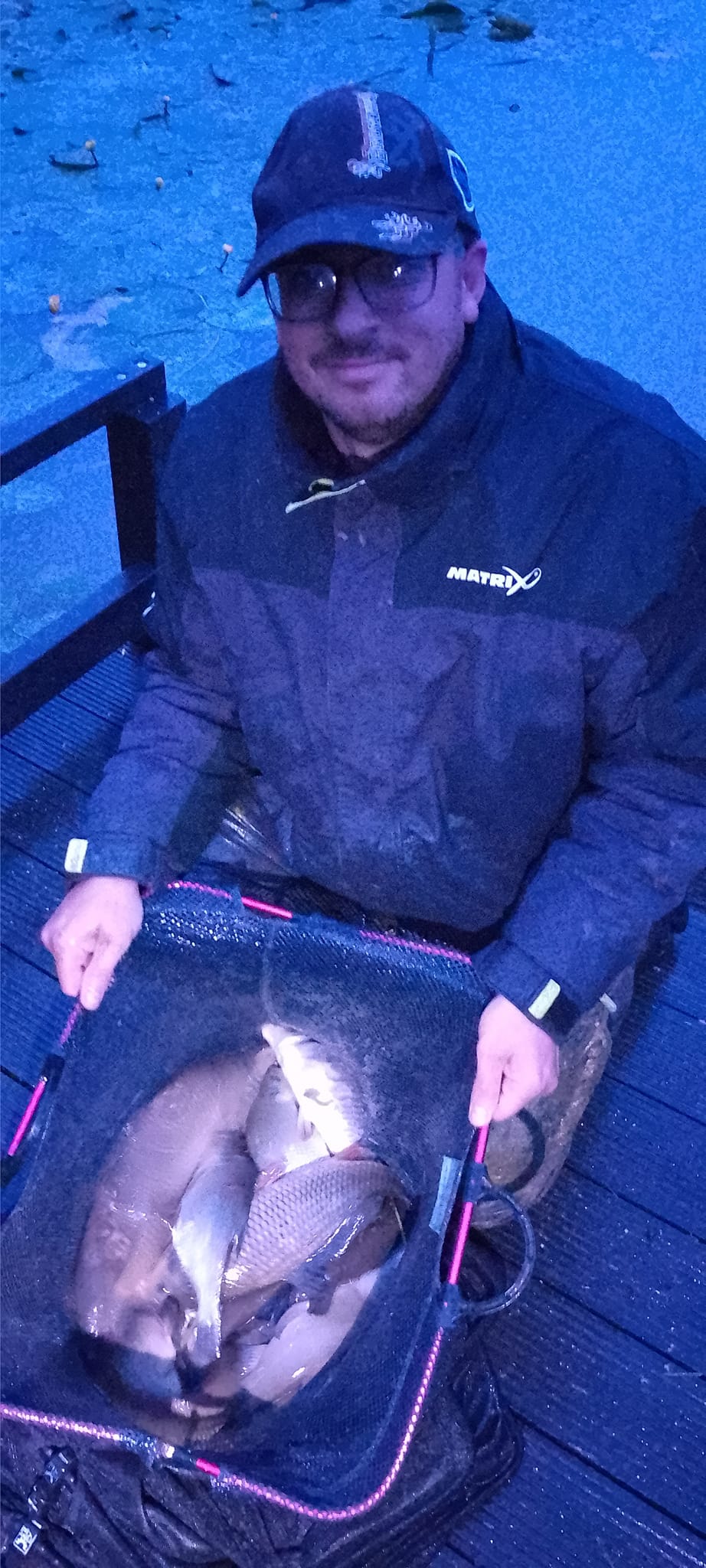
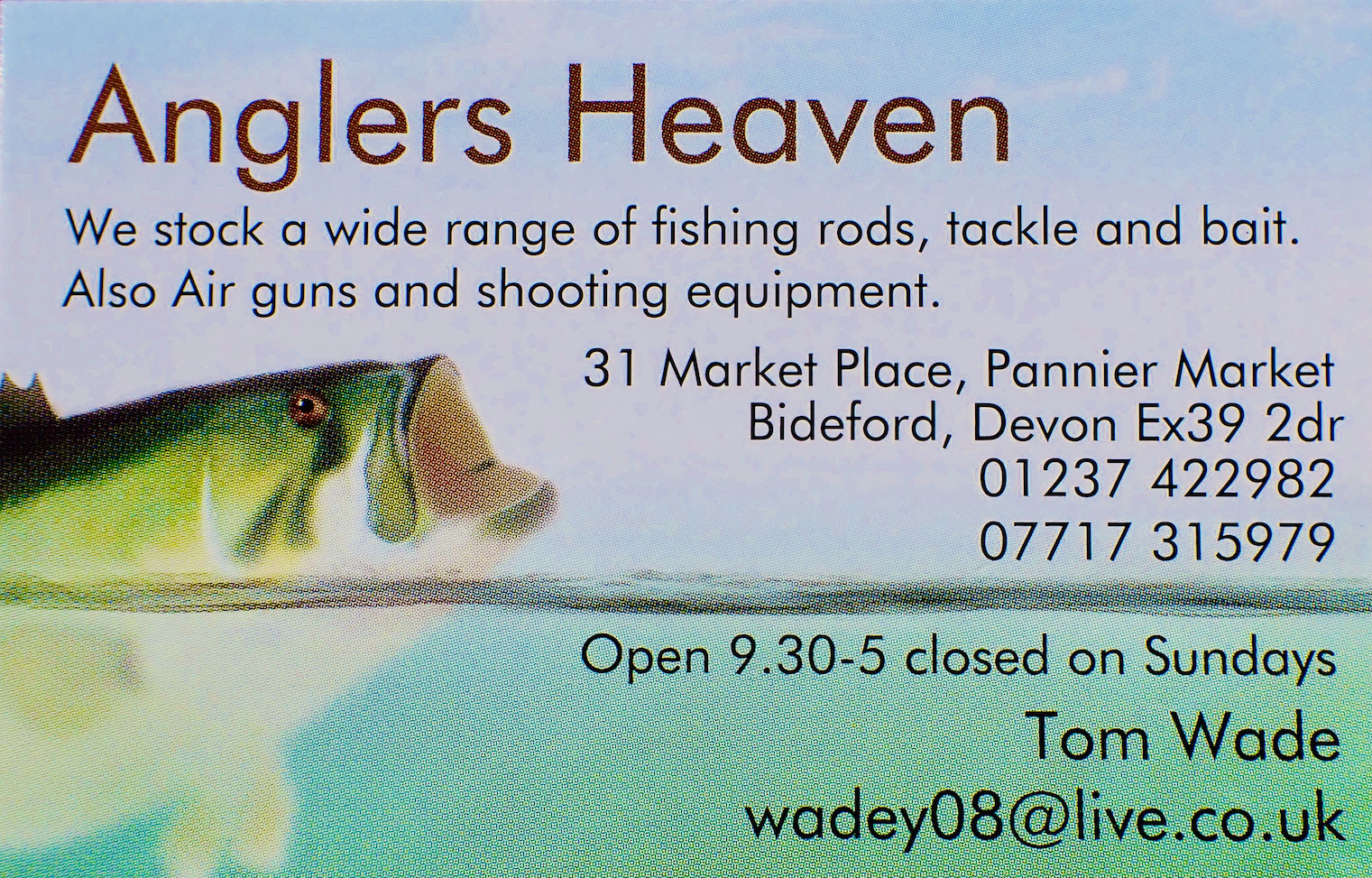




It’s no secret that our piscatorial triumphs sound so much better in the telling if the heroic angler out-wits a wily foe. So we embellish our trout with fishy superpowers like intelligence and emotional guile. Even when we lose them, we’re never beaten by a run-of-the-mill fish: It was ‘big, arrogant and knew exactly what it was doing!’
I suspect it’s mostly male vanity that needs to prove its mettle in combat with a 12” fish, although with time most of us learn there isn’t a trout physically mighty enough for victory to transform us into warrior princes or princesses. So we also need clever fish to make us look good. Size isn’t everything. Is it?
And yet. Type “Think Like a Trout” into your search engine and admire the flood of results. They all agree: To catch a trout, we must first know its thoughts and so anticipate its deeds. In the telling of this eternal and epic struggle, we humans are always one step behind the fish. Trout, we are told, can outwit us.
This warning is intended to open our wallets because, back in the human world, Trout-Thinking sells. You can buy the books, subscribe to the podcasts and clickn’gift your data. It’s a thriving market that gets bigger every year. Enthusiasts dream of fluency, others monetise it and a proud few say they learnt it from a parent.
This fish-think market is distinctly weird because, at some elemental level, all these anxious, charge-card wielding anglers are worried about being out-thought by a fish. Which, I hope you agree, is a very low bar.
So what might these devious fish be capable of? The irrepressible jazz maestro and fisherman George Melly set that bar high by extending a thinking trout’s repertoire into personal harassment. He attributed “a malicious sense of humour” to a large trout that he’d lost several times over a season, effectively granting it brains, cultural sophistication and serial bitchery. It’s fair to say that a fish armed with a malicious sense of humour would have met its match in George, who had a razor-sharp wit of his own. There’s also a very old adage that advises us never to let the facts get in the way of a good story. Perhaps some seriously-minded trout-thinkers have felt persecuted by a fish, but I’m sure George wasn’t one of them.
Writer John Gierach has also made an astute observation: “The things fishermen know about trout aren’t facts but articles of faith”. I think he’s onto something.
Which, I suggest, is why Trout-Thinking is only ever found in people. Never trout.
There are many good reasons why this is a skill too far for fish. Top of the list is that trout lack the sophisticated Cerebral Cortex we use for sentient thought. So although they’re not brain-dead, they’re brain-lite. They can learn from experience (hook / bad), but no trout has ever produced anything as clever as a conscious idea, let alone one intended to outwit us.
It gets worse. Fish brains are about 7% the mass of similarly sized birds (which do have a cerebral cortex). Chicken-Thinking is, by comparison with trout, classy and sophisticated. This is all rather awkward for the trout-thinkers: If they’re struggling with a fish, they’re going to be humiliated by a chicken.
Thanks to neuroscience we know trout are hard-wired to feed reflexively, just as they do most things reflexively. So we are told they are primarily triggered to take a fly by its shape, size and position/movement in the water. They don’t think about it, they just get on with it.
Then there is the fierce competition from other fish. Survival dictates that trout eat first and ask questions later (for the trout-thinkers, that’s a metaphor). Perhaps they have a bit more reaction time in still-waters than rivers, but in both settings this urge to get there first works in our favour. We’ve all seen a fish surge a couple of meters to snatch a fly.
So if the trout are feeding freely and we’re not catching any, it’s not because they’re being capricious. Clearly, something else is going on.
This something is most likely us, the human with a rod in its hand. That and Murphy’s Law (if a thing can go wrong, it will).
Happily, we have our own super-power: We can Think Like A Human. So, we can read the river and the weather. We can choose a fly to resemble those on the water – or not, or even something stand-out different. We can consider colour, smell and sound. Or sunlight, shade, water temperature and more, all of which may set off different hard-wired feeding patterns. As can a fish’s lateral line.
Next comes by far the most important part: We must apply all our skill, knowledge and experience to put the fly in the right place on or in the water. Once there the way it moves can also seduce or repel fish. It’s not easy, perfection is unattainable and there will always be fish we can’t catch. And when we fail it’s a very lame excuse to blame a scheming trout.
We humans have opposing thumbs for casting and a huge brain-powered edge over trout. Dumbing down and projecting Trout-Think onto a fish won’t impress it, although it’s pretty good at hooking humans.
So perhaps we could stop pretending that trout see themselves as fey schemers intent on frustrating our noble designs. Heck, they don’t even know they’re fish.
The bottom line is that our ancestors emerged onto land about 400 million years ago and fish have a lot of catching up to do. And so do some people.
It helps me a lot if you can share my work with friends and colleagues. And if you’re not already a subscriber, then pls click the button below. Subscriptions are free, or if you’re feeling generous, about the price of a fat slice of cake a month. Thank you!
South West Lakes Trust Trout Fisheries Report
July 2024
The weather has been warm and humid, and, in spite of some rain, the water levels have now started to drop; water temperatures have remained cool enough generally for fish to keep active. There has been plenty of insect activity and the fish have continued to feed keenly, both on the surface and below.
Fishing:
Kennick – Rods averaged around 1.5 fish per angler, with fish well spread out around the fishery; bank anglers enjoyed slightly more success than the boats, with Clampitts Bay, The Narrows and Poplar Bay fishing particularly well. Floating lines with a long leader with a variety of retrieval methods proved the most successful, with Claret Hoppers, Sedge patterns and Beetles catching surface feeding fish, and either nymph patterns (Damsel, Hares Ear, Diawl Bach and Buzzers) or lures (Viva, Cats Whisker, Tadpoles and Muddlers) catching the deeper feeders.


Siblyback – Here anglers are enjoying some quality sport, averaging 4.3 fish per visit. Stocky Bay, Two Meadows, Crylla and the West Bank are producing the most consistent fishing and best results, using either floating or intermediate lines. Fish have generally tended to be just under the surface, rising to feed on beetles and hatching midges (when CDC buzzers, Hawthorns, Bobs Bits, Hoppers and Beetle imitations have worked particularly well). Deeper feeding fish have taken Damsels, Buzzers, Diawl Bachs or lures (such as Orange Blobs, Vivas, and Tadpoles), all with a slow retrieve. Al Lawson (from Plymouth) caught five rainbows to 2lb, with fish hitting both the buzzers, fished washing-line style, or taking the Claret Hopper on the point.

Burrator – The fishing here has become more challenging as the month progressed, with a few fish rising (when Claret Hoppers have worked well), but most fish have stayed to feed in the deeper water. Floating, Sink-tip, Intermediate and sinking lines have all caught fish, with a slow retrieve producing the best results. Sub-surface feeding fish have taken Montanas, Damsels, Buzzers and Hares Ear patterns, with Back Bay, Longstone, Bennett’s Lawn and Pig Trough all holding fish.
Stithians – Continued to fish well, with plenty of fish looking to the surface and eager to feed. Floating lines with a very slow retrieve produced some excellent sport, with a variety of dry patterns (Beetles, Daddies, Adams, Sedge patterns, Hoppers, Bobs Bits and Hawthorns) all catching well; otherwise, Diawl Bachs, Buzzers and Black and Peacock Spiders fished just below the surface caught the deeper feeders. Popular locations included Yellowort, Golden Lion Point, North Bank, Pub Bay, Goonlaze and Pipe Bay. Simon Peters (from Cusgarne) managed to catch eight rainbows, one blue and one brown trout in one session – starting early in the morning (5.30am), and fishing along Sailing Club Bank using Dry Foam Beetles, to finish by 8am.

Fernworthy – The sport picked up at Fernworthy as the month progressed, when anglers averaged just under three fish per visit. Generally fish were well spread out around the lake, although Thornworthy, Brownhills and Permit Hut Bank produced the most consistent fishing. Sporadic hatches of small black buzzers brought fish to feed on the surface, when they could be caught using Black Gnats and Hoppers; otherwise shallow-fished Pheasant Tail Nymphs, Black and Peacock Spiders, Invictas, Bloody Butchers and Damsel nymphs all produced some great sport.
Colliford – The excellent sport continued at Colliford, with anglers averaging just over five fish per visit; most of the banks held fish, with Lords Waste, Spillway, Pines and the Dam Car Park Bank producing particularly consistent sport. With plenty of insect hatches (midge and sedge) as well as beetles blown onto the water, the Colliford browns proved eager surface feeders, either taking dry patterns (Bibio Hoppers, Beetles, Hawthorns and Sedges), or nymphs and wets fished in the top two feet of water (Diawl Bachs, Black and Peacock Spiders and Orange Pheasant Tail nymphs in particular). Generally floating lines and long leader and a slow retrieve proved to be the best method. Mark Lambert (from Hitchin) caught twenty fish, all on dries, keeping on the move to cover as much bank as possible.
Roadford – Anglers averaged 3.7 fish, with the banks at Anglers Car Park and Wortha proving to be the best locations. Few rising fish meant that sub-surface patterns fished on floating lines produced the best results. Popular patterns included Cormorants, Iron Dun, Damsels and Bibios. Duncan Kier (from Belstone) caught eight browns to 1lb 8oz in a session, while Alan Judd (from Seaton) caught eight browns to 1lb fishing from a boat, using a variety of sunk patterns on a floating line.
Please see the Trust’s website (www.swlakestrust.org.uk/trout-fishing) for more information on buying tickets, boat availability and booking, and forthcoming events. The Trust will be offering beginners’ taster days at Roadford, Burrator, Stithians, and Kennick throughout the season, assisted by local experienced guides and instructors. The Trust, in conjunction with Fluff Chuckers, will be running a Brown Trout Masters competition this season, to be held over three dates at Colliford, Fernworthy, and Roadford – please see the website for more information.
Chris Hall (July 2024)
Wistlandpound

Wistlandpound in North Devon often gets overlooked which is a great shame as it is a delightful fishery with some hidden gems. Derek Spears sent me this image of a superb wild brown trout he tempted during a short evening session.(Estimated at 2lb 8oz to 3lb ) I met Derek whilst enjoying a short session there myself.
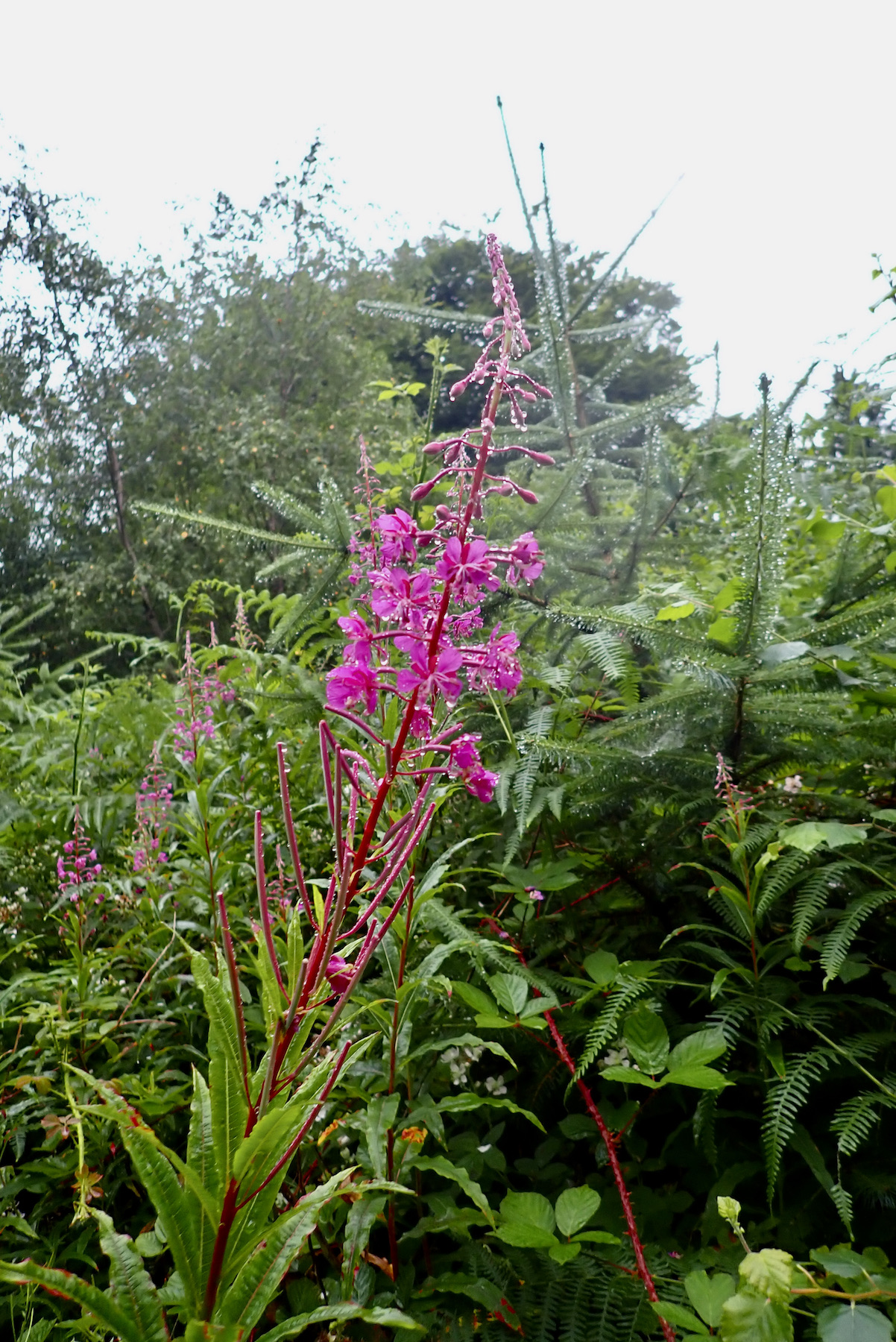

It was a murky overcast evening with occasional drizzle. The loosestrife was glistening with water droplets as I navigated the lush colourful perimeter path. Arriving at the water’s edge it was immediately apparent that there was plenty of fishable bank space now that the water level has dropped.

I set up with a black spider on the point and a black pennel on the dropper. Second cast I hooked a beautiful crimson spotted brown of perhaps 10″. On the next cast a very good brown trout converged on the fly but I failed to connect.

I searched the area further with no further result. Moving on I looked across the lake to see another angler doing battle with what was undoubtedly a good fish. (This was Derek with the trout pictured above).

The top inlet area of the lake produced another wild trout and half a dozen bronze flanked Rudd. As the light faded I changed to a small black Wooley bugger and was delighted to catch a couple of trout topped by a hard fighting brown of over 1lb. Another much larger fish swirled behind the lure fuelling my enthusiasm for a return visit. The large numbers of rudd fry now present ensures a good food supply for the larger wild browns that lurk within the water. I feel sure that some lucky angler will hook into a surprisingly large trout before the season ends.


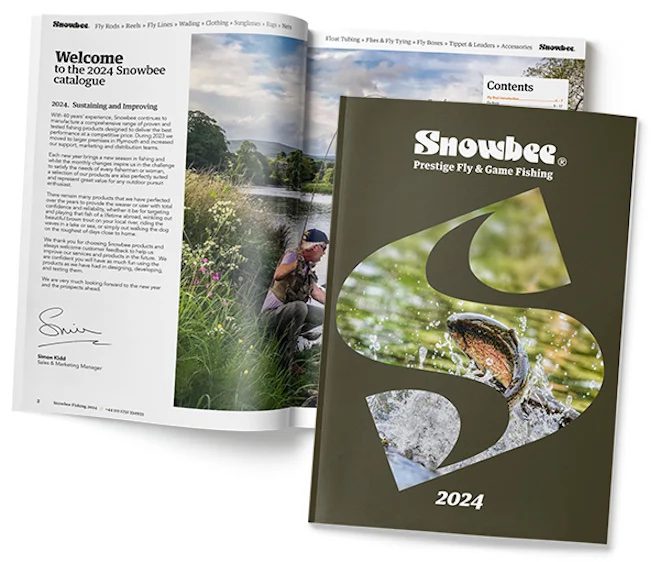
The match weights at Stafford Moor are outstanding as can be seen from a summary of results over recent weeks with weights in excess of 150lb needed to win every match in recent weeks. This is surely the South West’s most productve Match fishing venue?

JUNE 30th The winner of the day was Lee Dance who bagged 300lb 1oz from peg 20 on Tanners lake
JULY 4th – The winner of the day was Mark Layzelle who bagged 221lb 9oz from peg 5 on Woodpecker lake
JULY 6th – The winner of the day was Mick Myers who bagged 233lb 7oz from peg 20 on Tanners lake
JULY 7th – The winner of the day was Paul Golding who bagged 205lb 8oz from peg 10 on Tanners lake
JULY 22nd
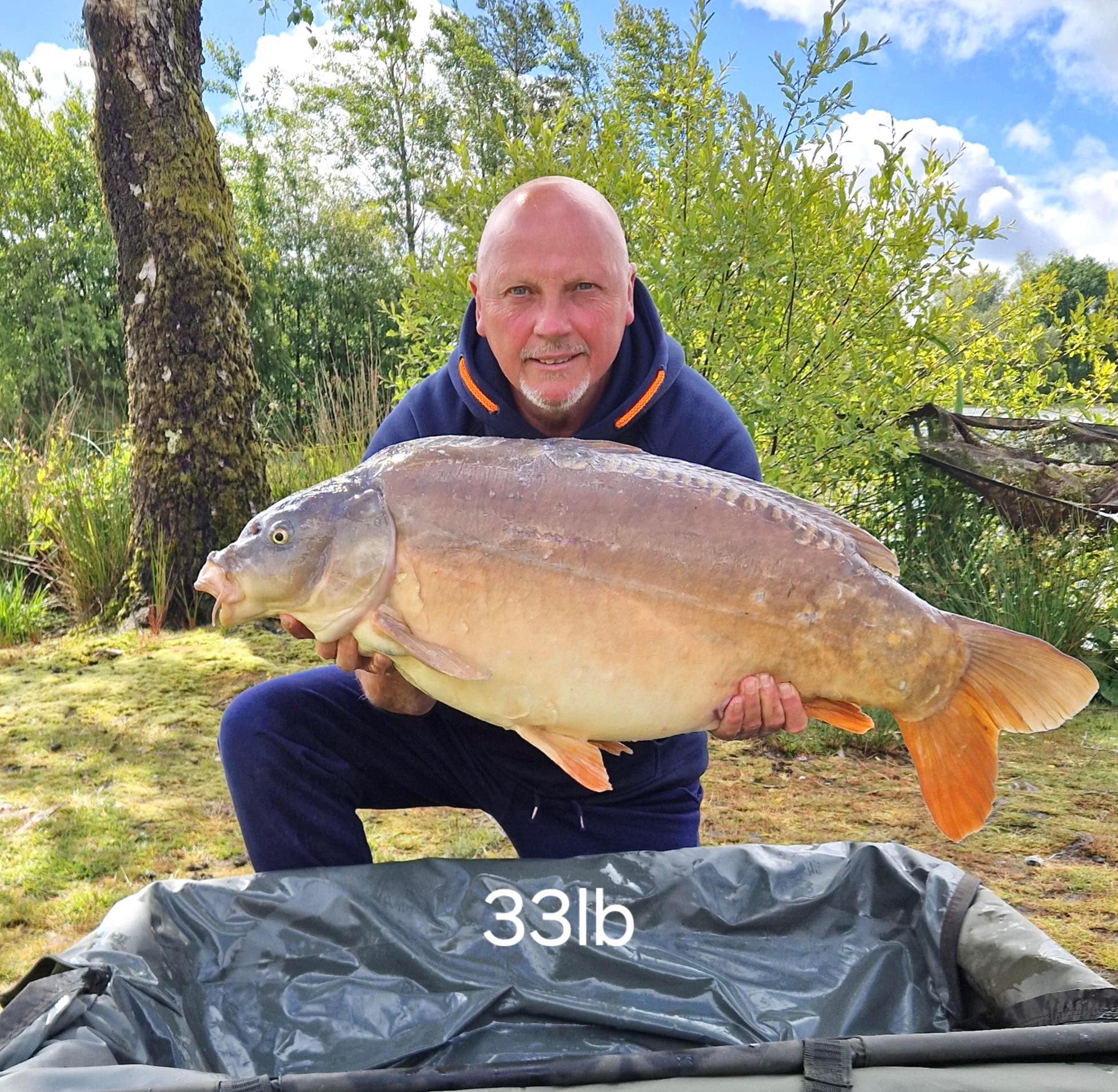
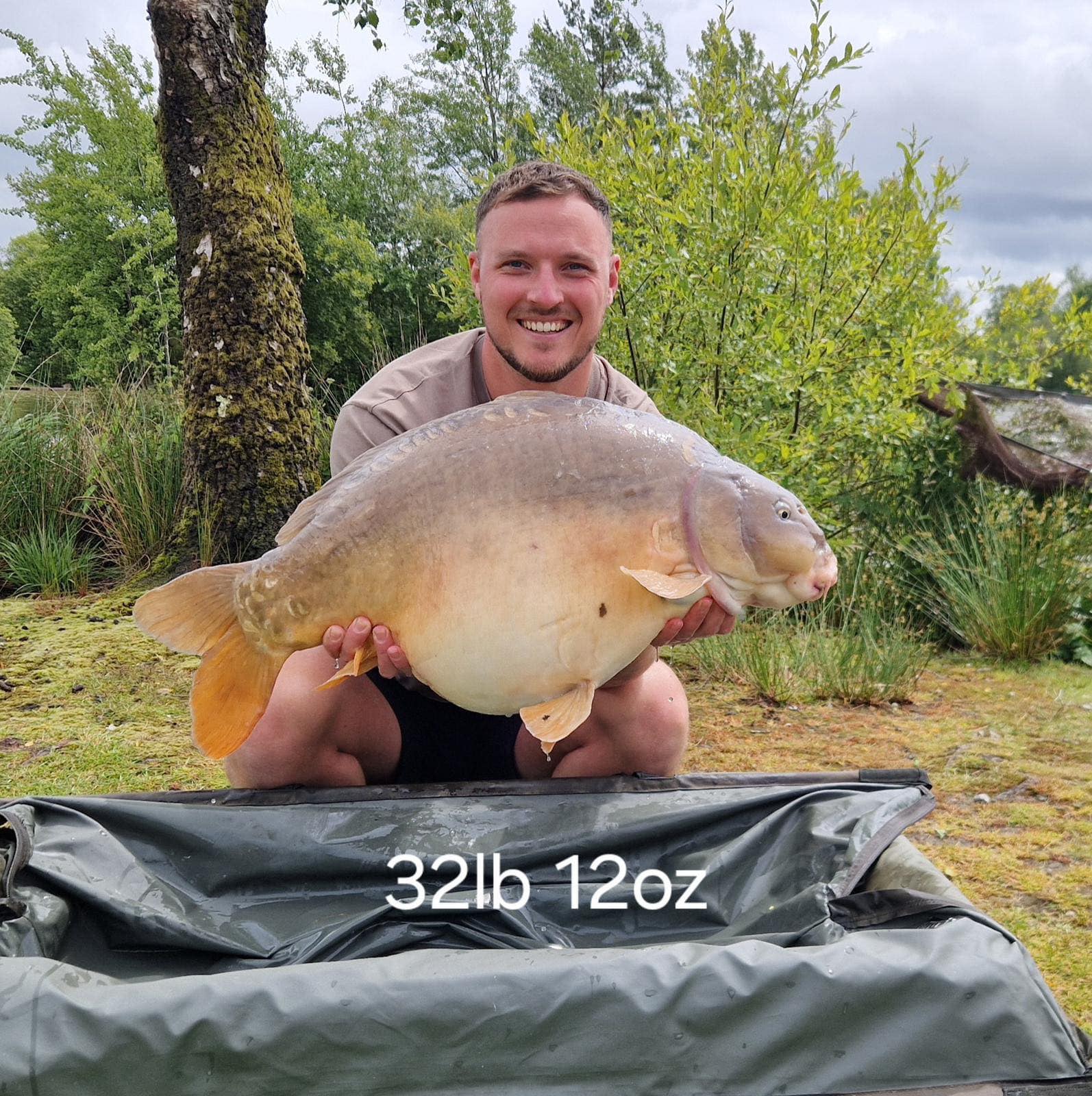
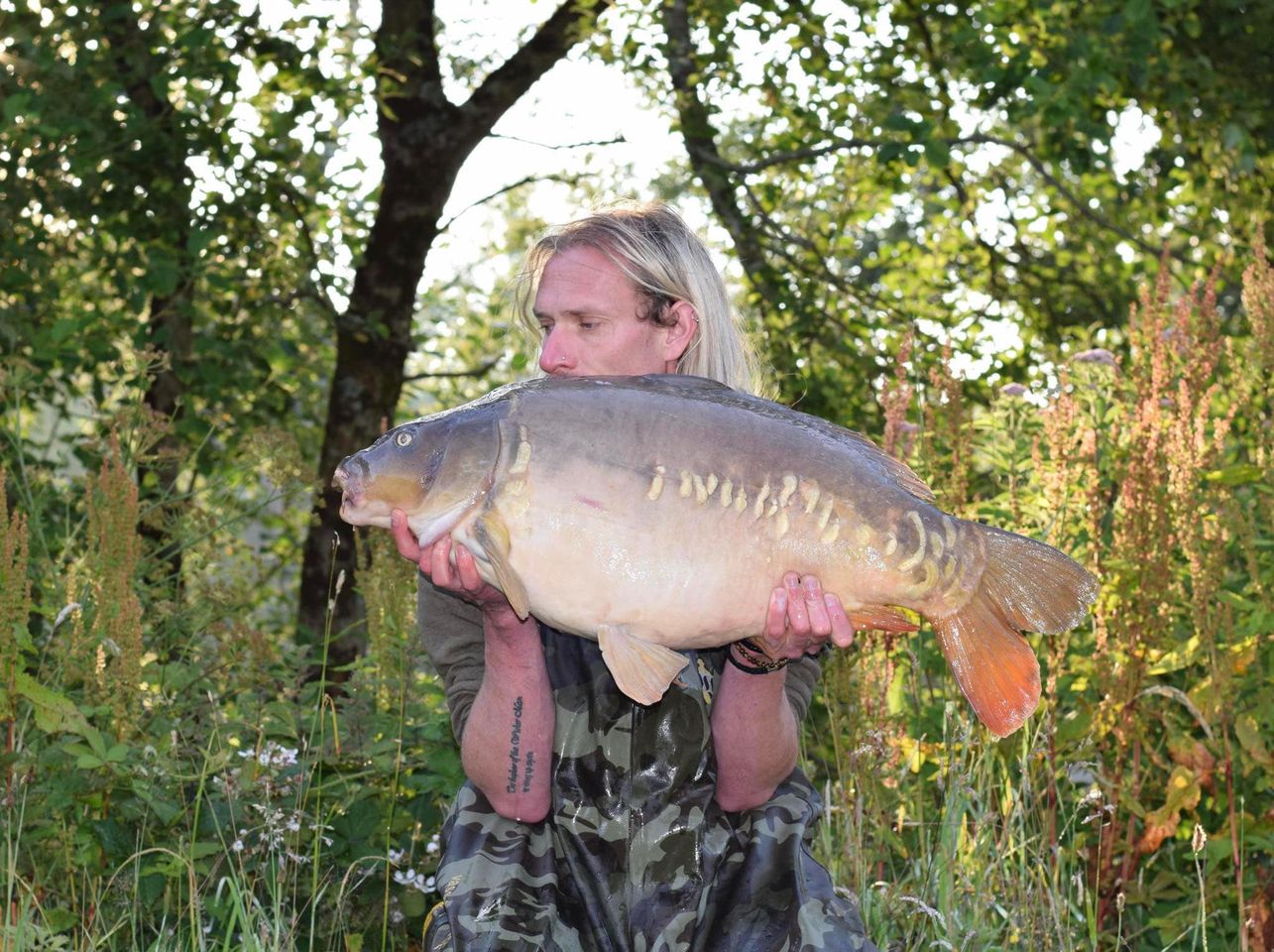
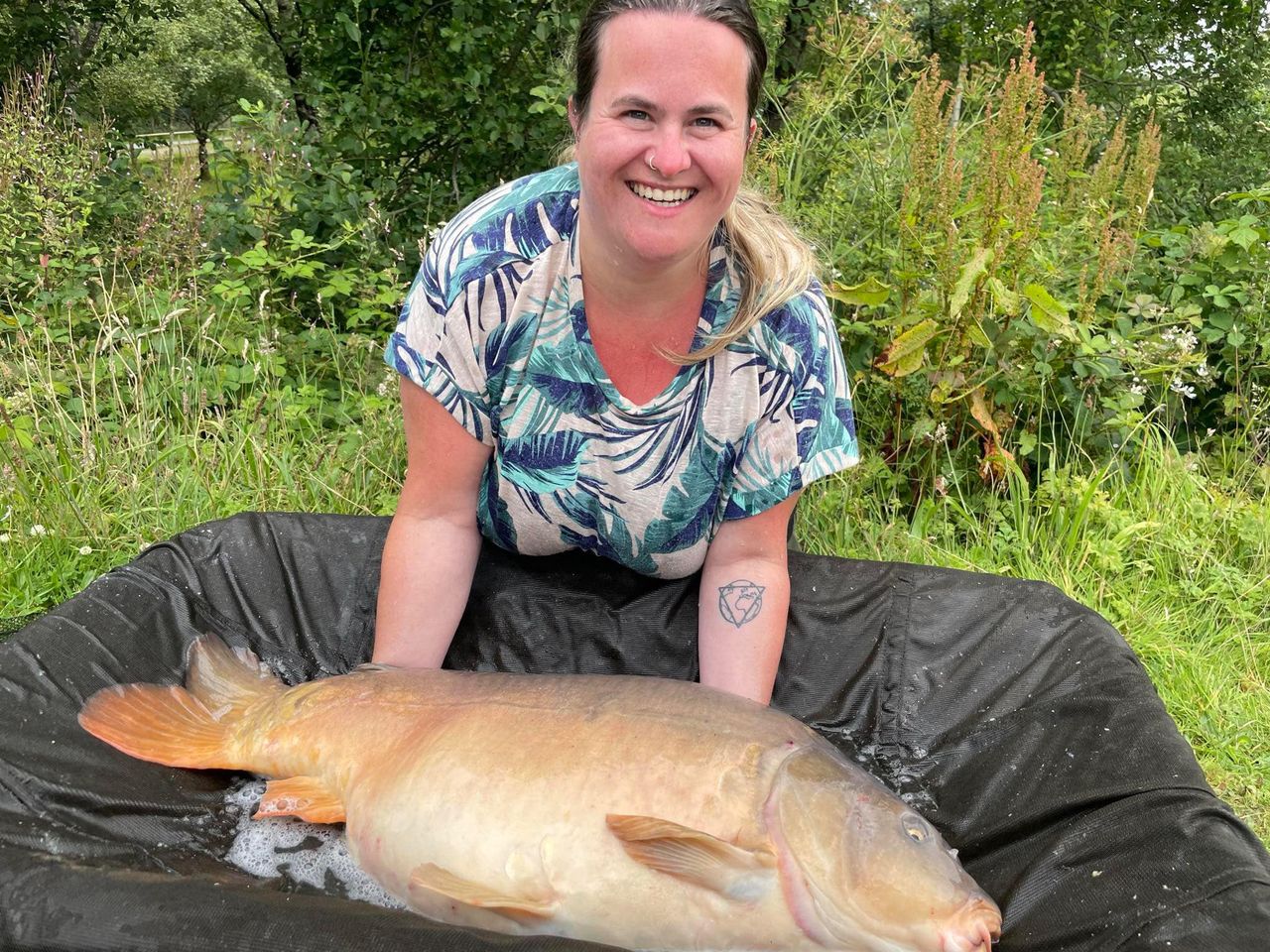
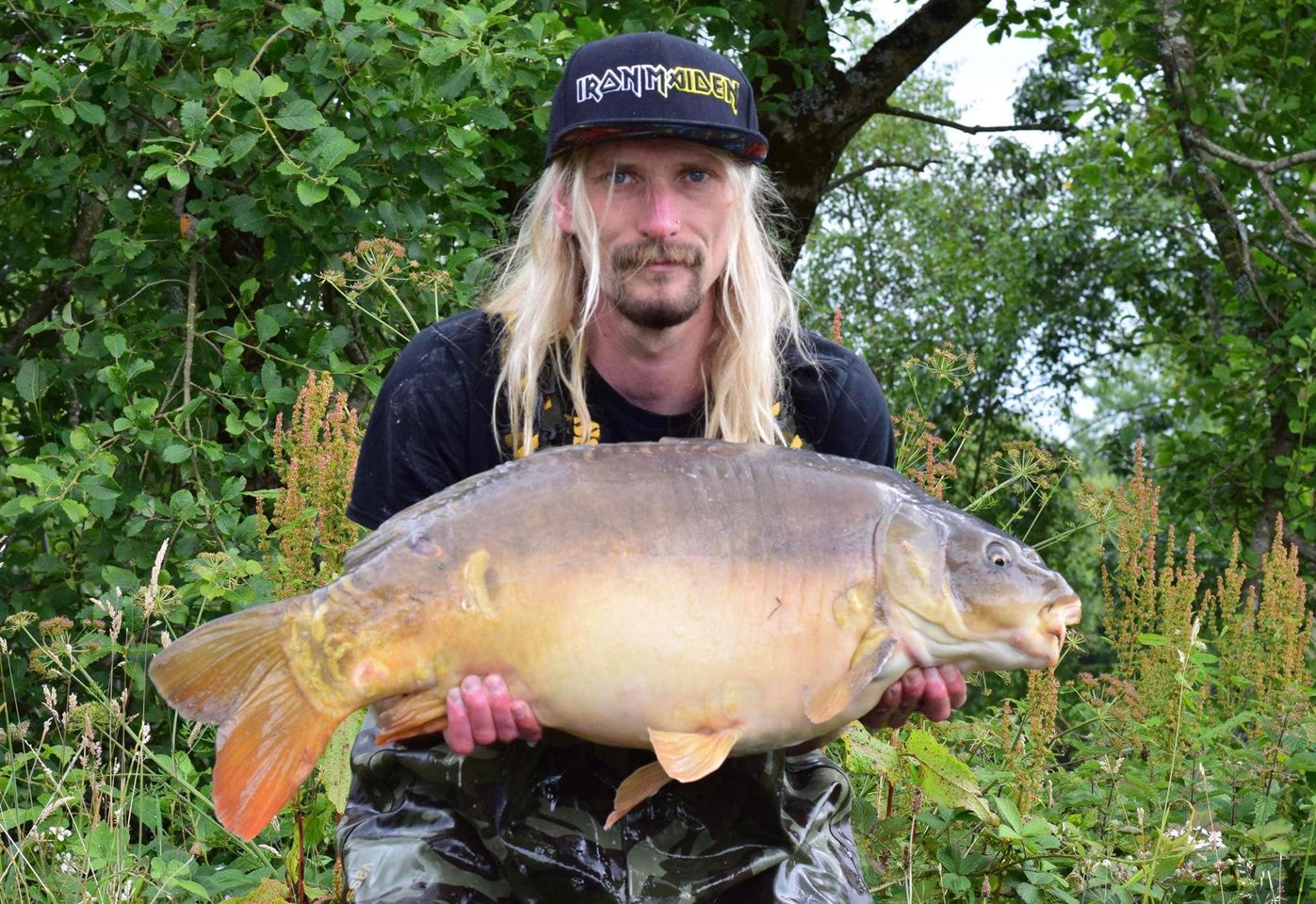

 Dan Welch skipper of Predator 2 Charters caught this fine 63cm bass on his latest excursion wiyth the lure rod. He is now running in second place in CMSAC’s Lure Fishing League.
Dan Welch skipper of Predator 2 Charters caught this fine 63cm bass on his latest excursion wiyth the lure rod. He is now running in second place in CMSAC’s Lure Fishing League.
Top Three Present positions : –
Ross Stanway 5 bass – 290
Dan Welch 5 bass – 270
Reece Woolgar – 3 bass – 175.5
“A but lumpy out there today so had an office day and then took the lure rod out off the shore, 9 bass to 63cm, can’t complain the new lucky hoody working its magic!”
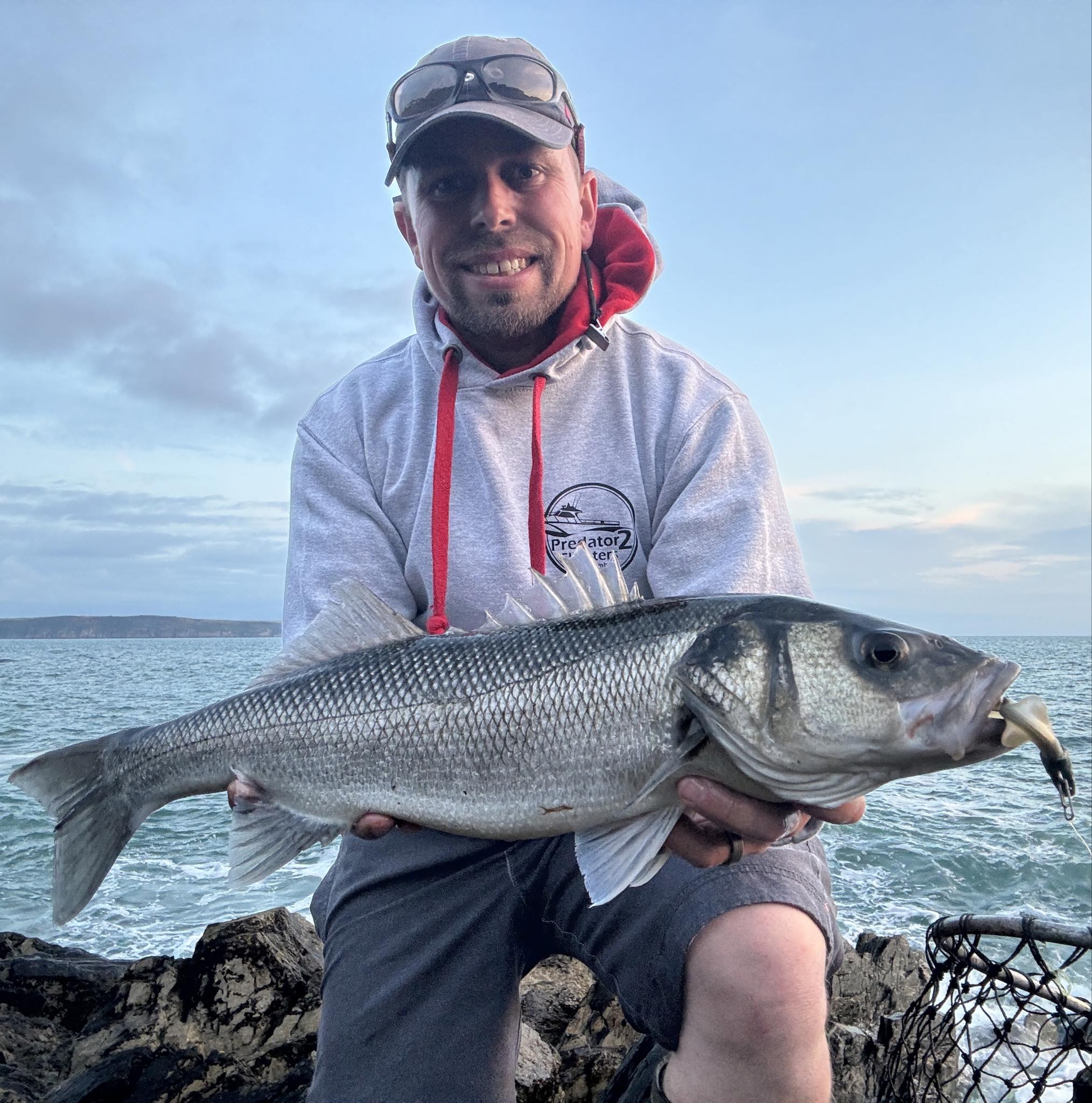


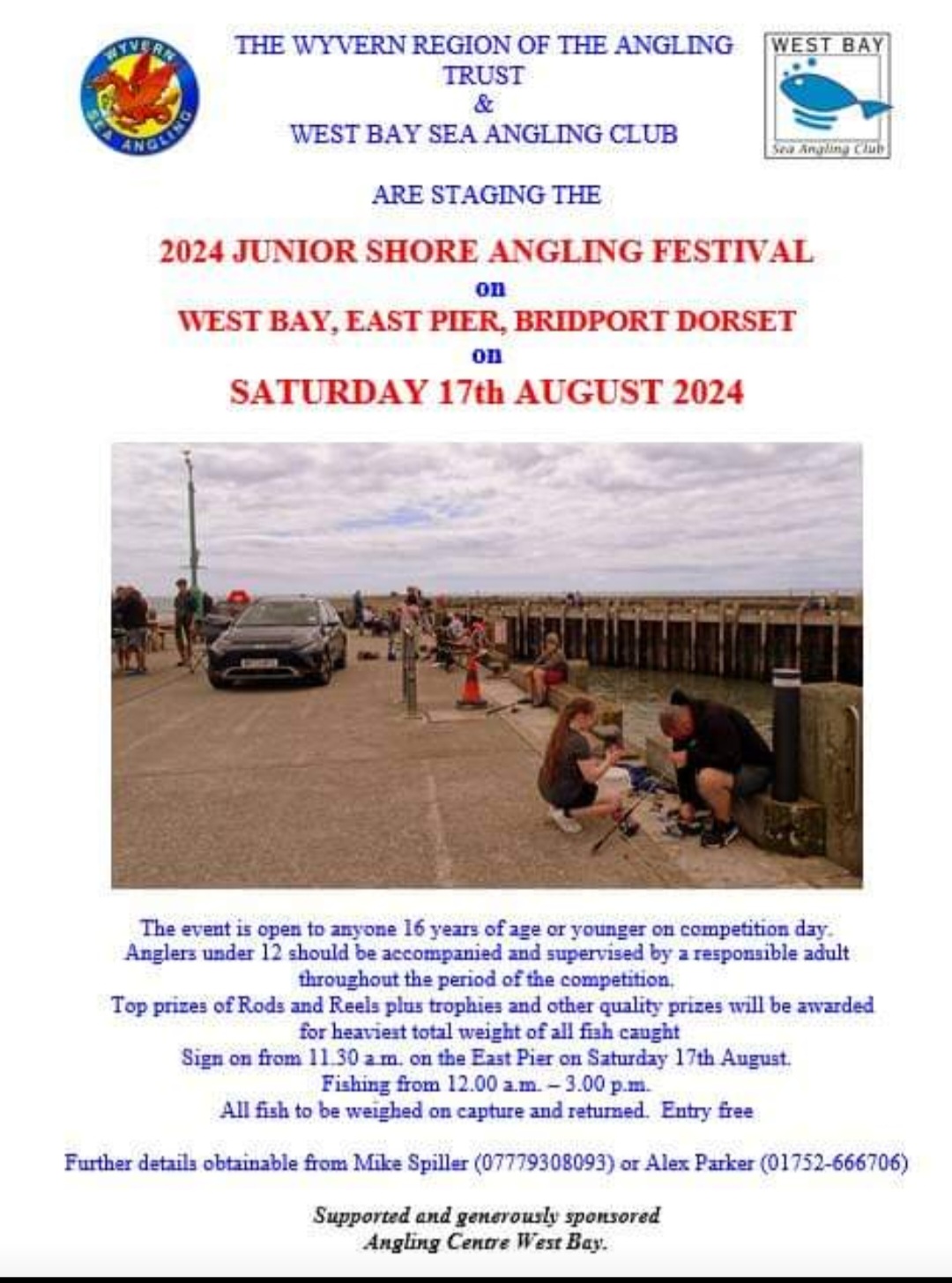
 http://www.bulldogfisheries.com
http://www.bulldogfisheries.com
Several big carp have been tempted by anglers fishing at Bulldog Fishery over recent weeks.
